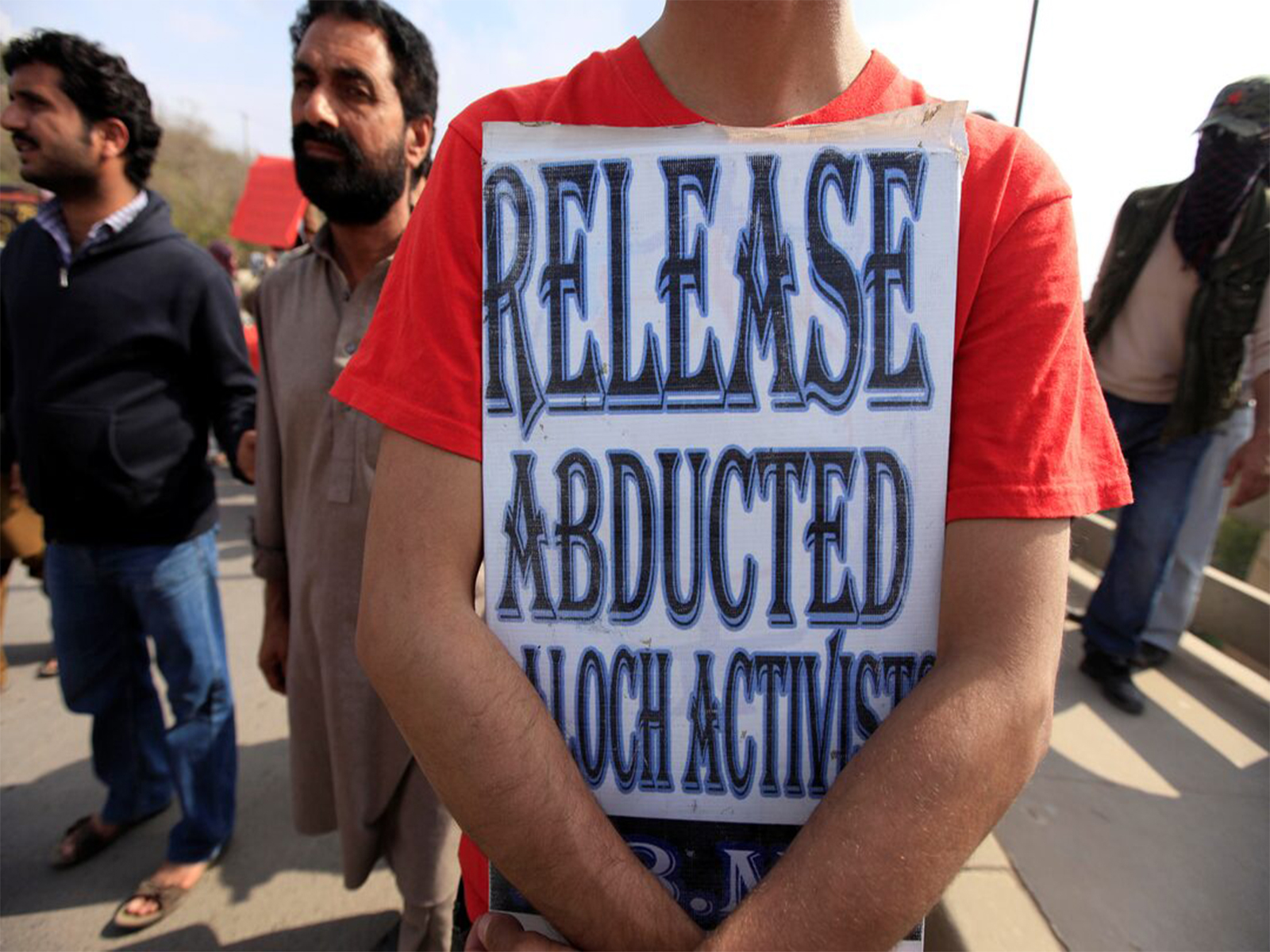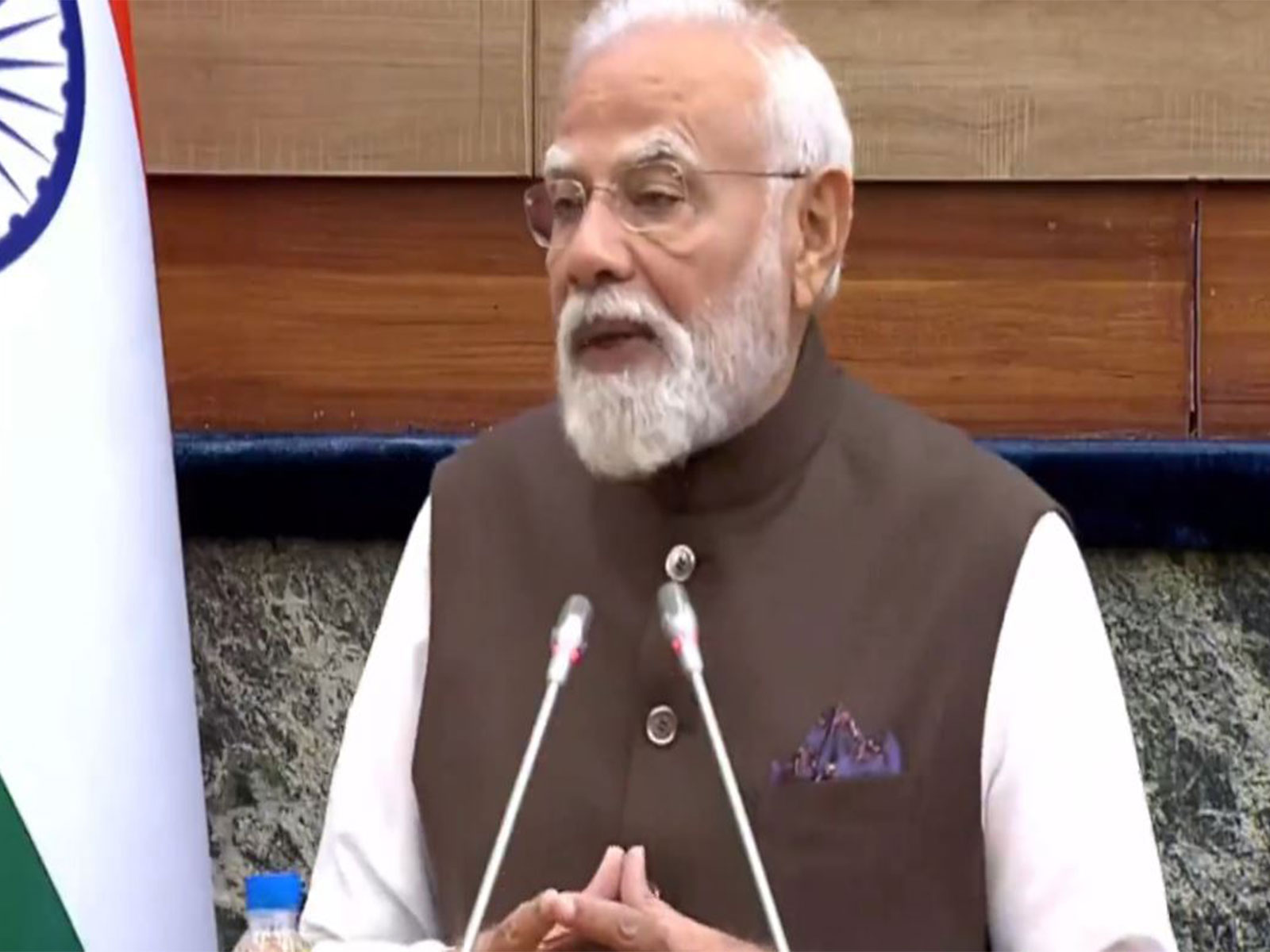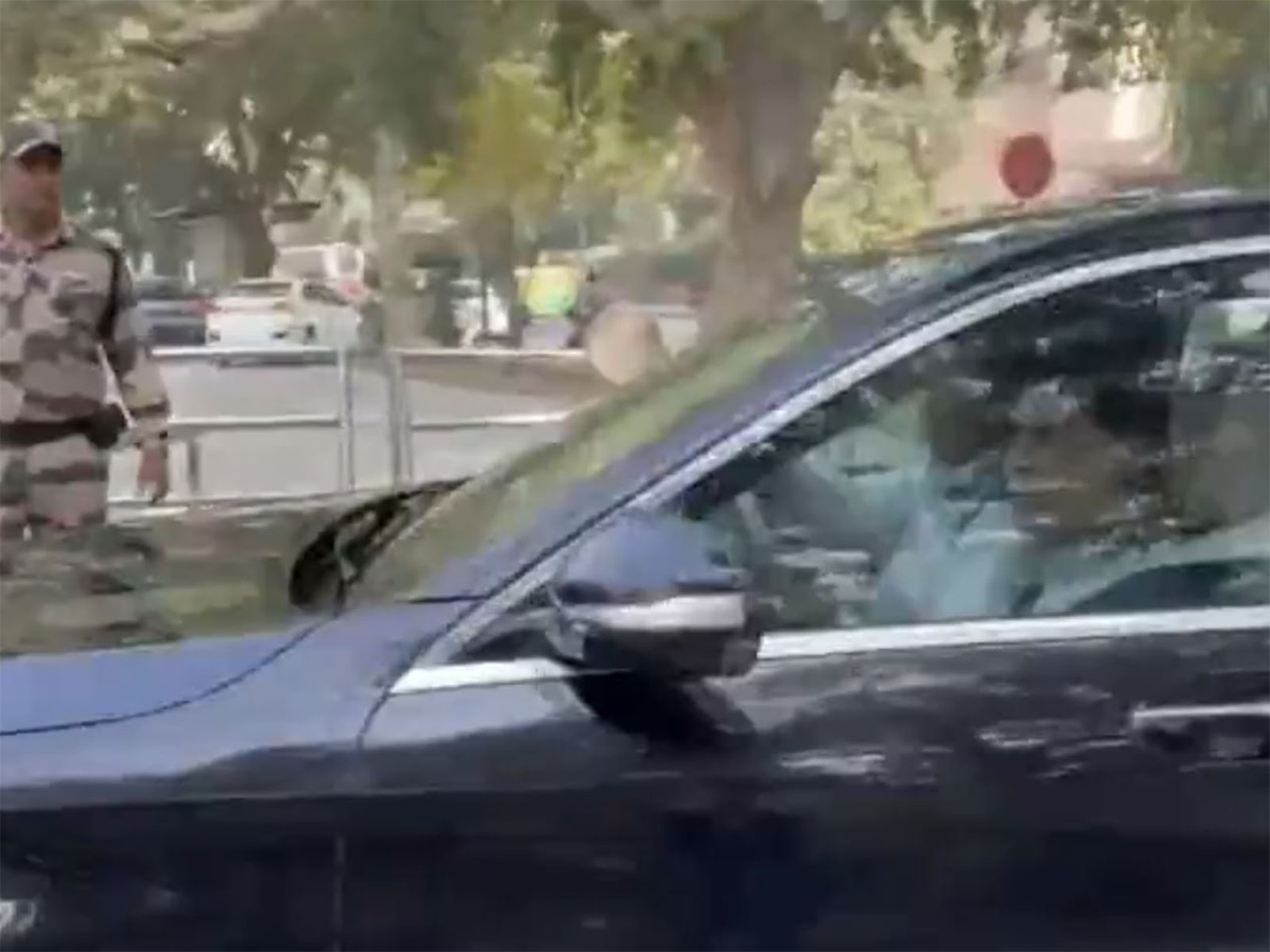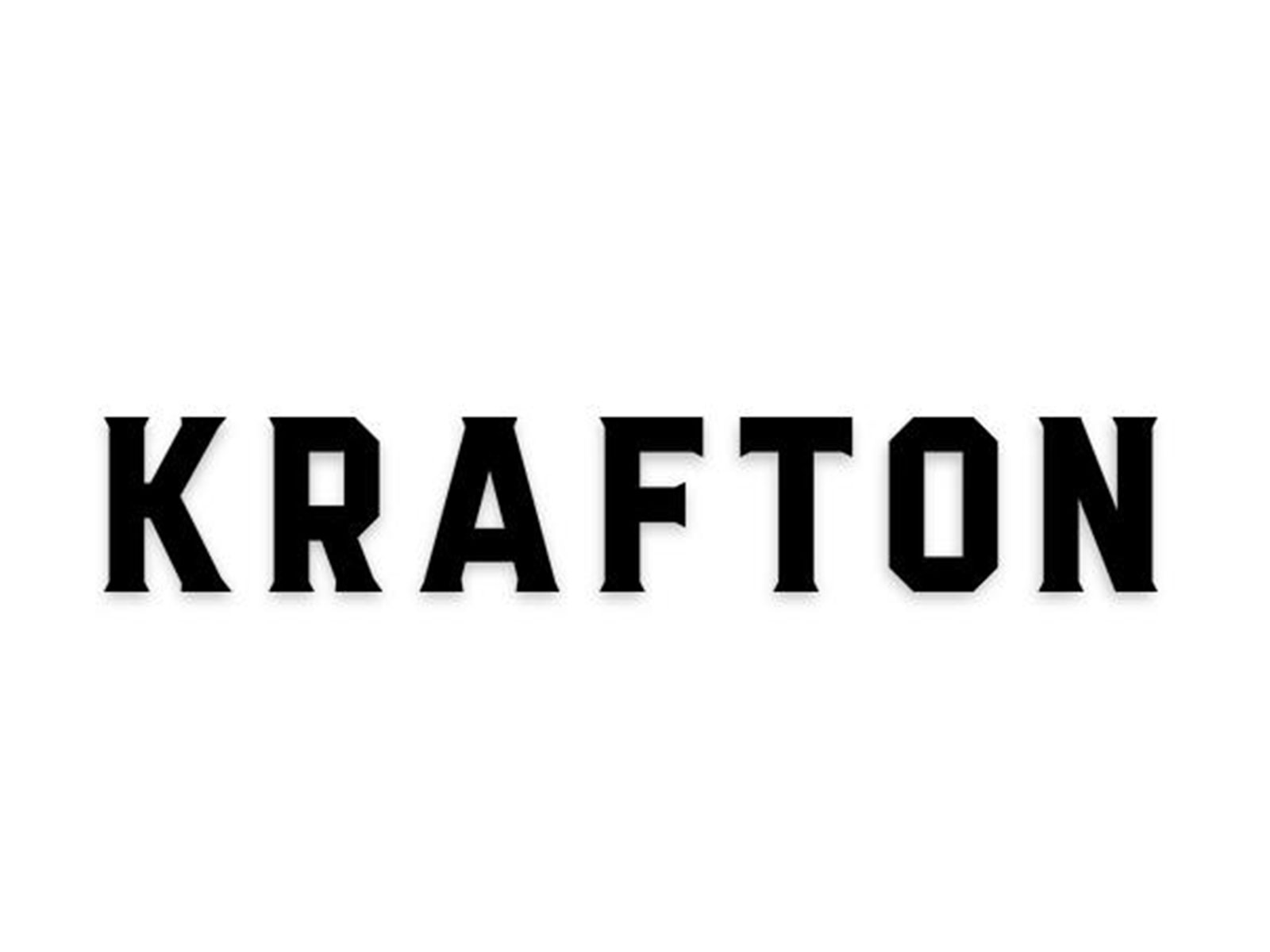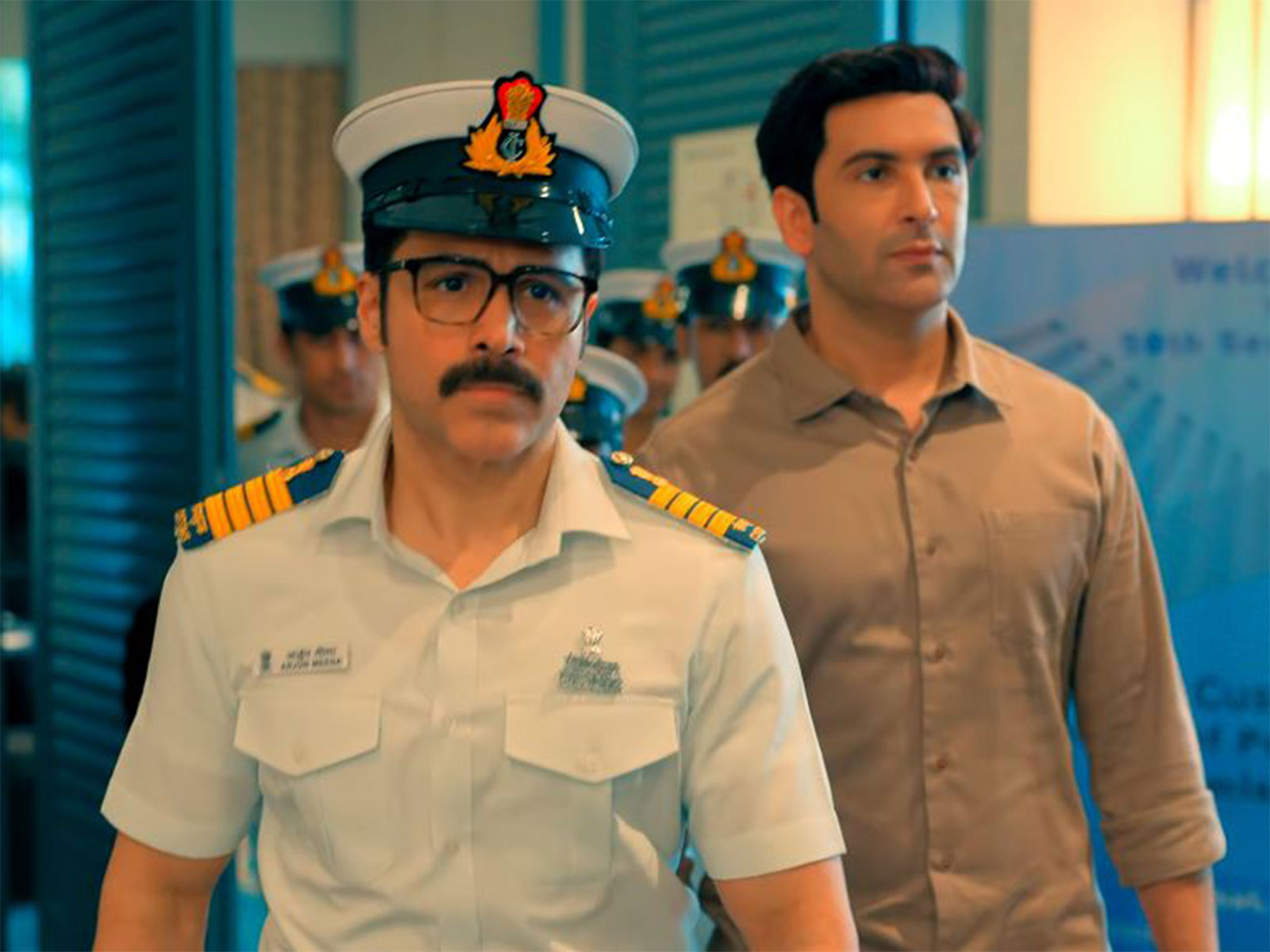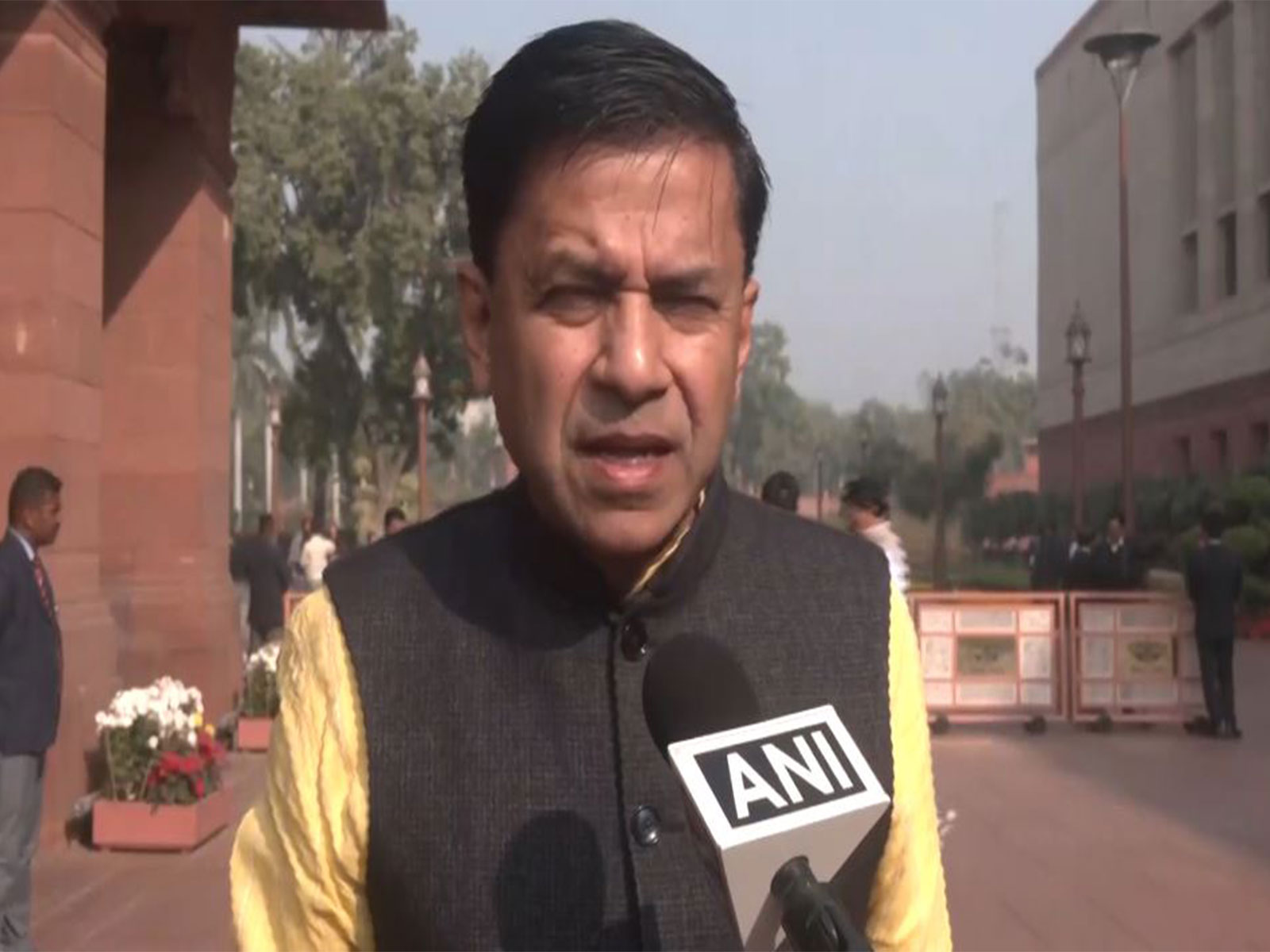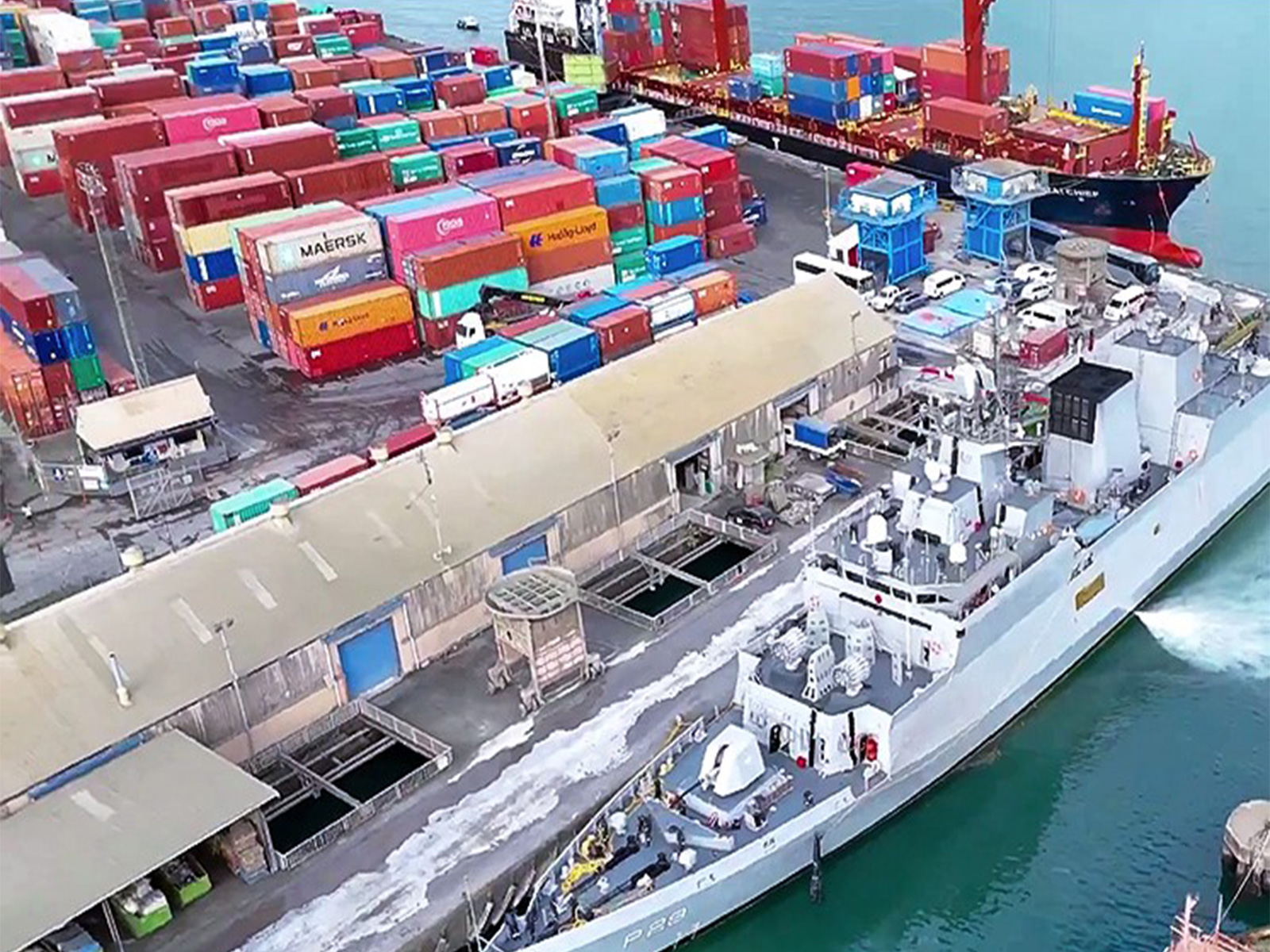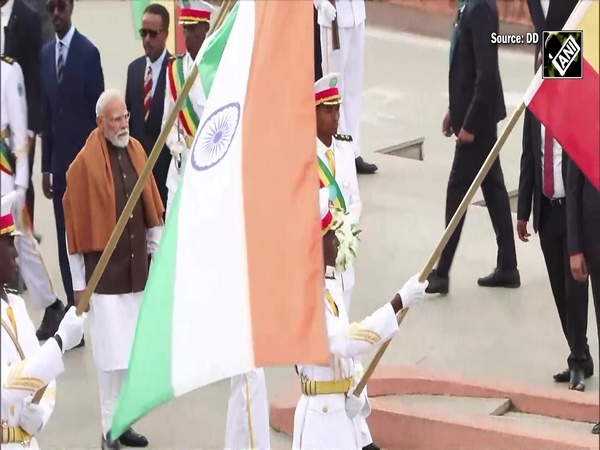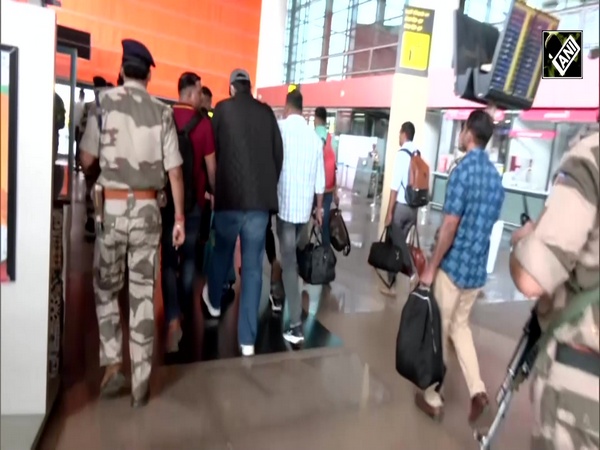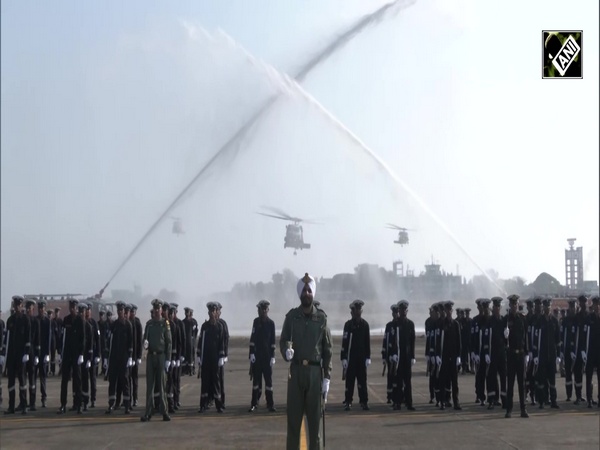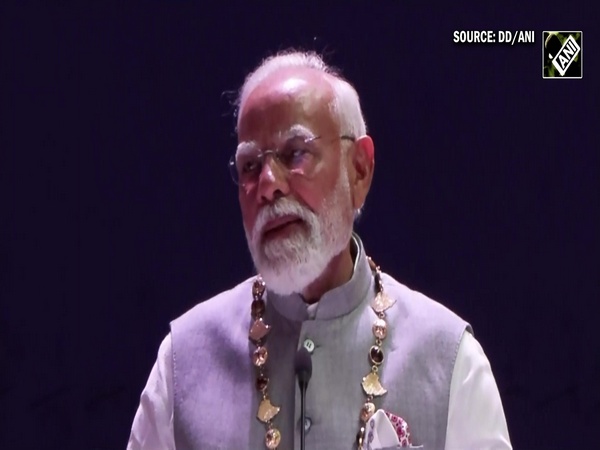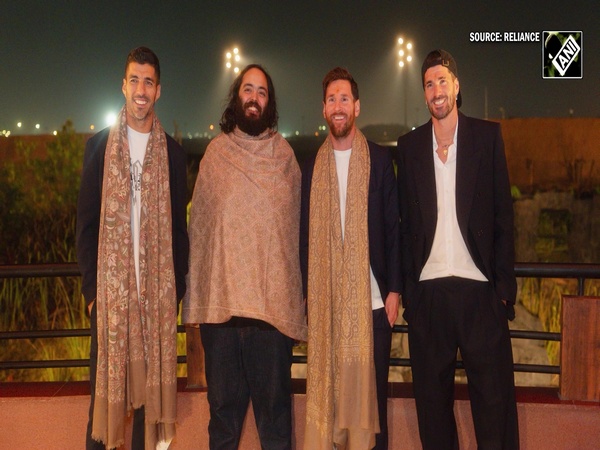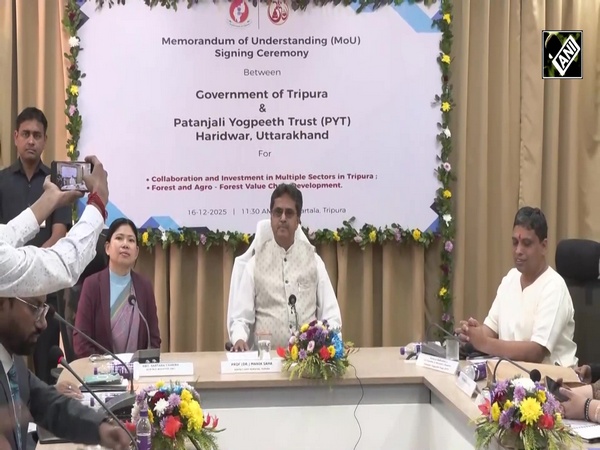India advocates peaceful dialogue on Crimea at UNSC meeting
Mar 18, 2021

New York [US], March 18 : India on Wednesday advocated peaceful dialogue -- on the lines of the Arria formula -- on the situation in Crimea at the United Nations Security Council (UNSC) follow-up meeting that was held earlier on March 12, 2021.
Speaking at the UNSC, India's Deputy Permanent Representative-Political Coordinator to the UN R Ravindra said that India has advocated political and diplomatic solutions that protect the legitimate interests of all countries in the region and ensure long-term peace and stability in Europe and beyond. The path forward can only be through peaceful dialogue for a lasting solution acceptable to all concerned.
"I wish to clarify that India's relations with countries in the region stand on their own merit. They are not affected by any individual issue or crisis or external factors," he said.
While thanking the Russian delegation for organising this follow-up meeting, he cautioned, "Allow me to also place on record our reservations on this format of meeting as it has been misused in the past."
This was the second Arria-formula meeting on Crimea in five days. Wednesday meeting was a follow-up to the 12 March high-level Arria-formula meeting on Crimea organised by Council members Estonia, France, Ireland, Norway, the UK, and the US.
As per Russia, the meeting's objective was to provide comprehensive information on the situation in Crimea from current residents of Crimea.
After the 2014 referendum, Crimea (Russian-speaking province of Ukraine) subsequently acceded to Russia.
Council members whose positions are closely aligned with that of Ukraine have used the Arria-formula format to promote discussions on different aspects of the situation in Crimea starting in March 2014.
Since then, these meetings have been held each March on the anniversary of the Russian annexation of Crimea. They have usually been organised jointly by European members of the Council and the US, in partnership with Ukraine. Most Council members have been generally supportive of holding such meetings.
